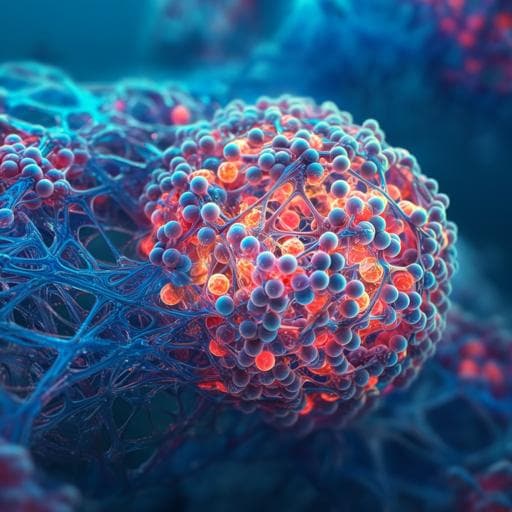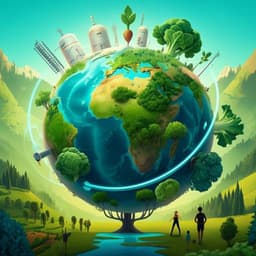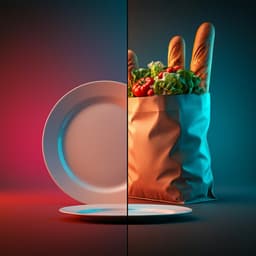
Environmental Studies and Forestry
Capturing colloidal nano- and microplastics with plant-based nanocellulose networks
I. Leppänen, T. Lappalainen, et al.
This groundbreaking research by Ilona Leppänen, Timo Lappalainen, Tia Lohtander, Christopher Jonkergouw, Suvi Arola, and Tekla Tammelin reveals how hygroscopic nanocellulose networks effectively capture harmful nanoplastic particles, offering promising solutions for environmental monitoring and recovery techniques in a water-scarce world.
~3 min • Beginner • English
Related Publications
Explore these studies to deepen your understanding of the subject.







